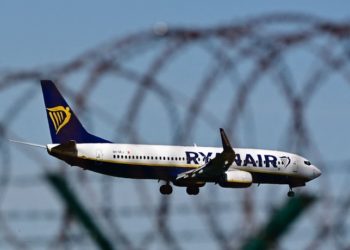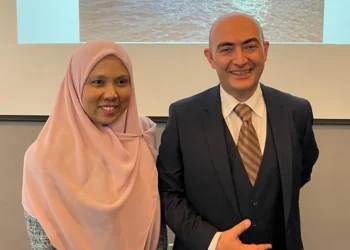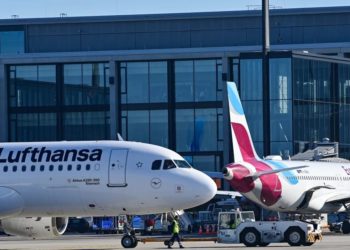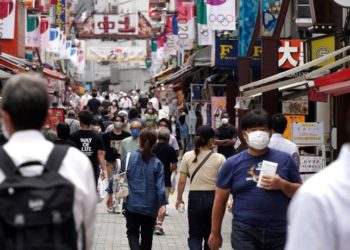Medical tourism is a lucrative source of income for the NHS, according to a major new study that contradicts many of the assumptions behind the government’s announcement that it will clamp down on foreigners abusing the health service.
Eighteen hospitals – those deemed most likely to be making money from overseas patients – earned £42m in 2010, according to researchers from the London School of Hygiene and Tropical Medicine and York University. Medical tourists spent an estimated £219m on hotels, restaurants, shopping and transport in the UK.
The researchers also found that more people leave the UK seeking medical treatment abroad than arrive in this country for care: about 63,000 people from the country travelled to hospitals and clinics abroad in 2010, while considerably fewer, about 52,000 people, came here.
The research flies in the face of assertions by Jeremy Hunt, the health secretary, that the tourists cost the health service money.
He said on Tuesday: “It’s time for action to ensure the NHS is a national health service – not an international one. With the NHS already under pressure from an ageing population, it cannot be right that large amounts of taxpayers’ money is being lost through treating people who should be paying from foreign countries.”
But the lead author of the new study, Johanna Hanefeld, from the faculty of public health and policy at the LSHTM, said the government-commissioned research published on Tuesday was “much more across the government immigration agenda than anything to do with health”.
Their work, published in the open access journal Public Library of Science (PLoS) One, looks at incoming and outgoing medical tourists. Those flying in to the UK include expat Britons living in countries such as Spain which have tightened up their own rules on access to healthcare, they say.
Some NHS hospitals earn substantial sums of money from medical tourists and others could join them in doing so, say Hanefeld and colleagues.
They used freedom of information requests to obtain figures from 18 hospitals. Great Ormond Street children’s hospital earned £20.7m from foreign patients in 2010-11; Kings earned £7.9m and the Royal Brompton earned £7.4m.
People from the UK travelled abroad for procedures they could not get on the NHS or where the waiting lists were too long. The study looked at those travelling for fertility treatment, bariatric surgery (to reduce the stomach size in obese patients) and cosmetic surgery.
On Tuesday, Hunt published estimates of the amount of money that non-paying health tourism costs the NHS. This included notional sums for visitors working or studying in the UK, totalling £1.4bn. He announced that in future there would be a charge of £150 for foreign students and £200 for temporary migrants, which would generate £200m a year.
The government documents also attempted to put a figure on the cost of healthcare for what they admitted were the “very uncertain” numbers of “irregular migrants”, whom they estimated cost the NHS £0.3bn. The third category was “health tourists” who had travelled with the intention of getting free treatment, said to cost the NHS between £70m and £300m.
But this approach takes no account of the increasing global mobility of patients, some of whom are lucrative paying customers and others who are saving the NHS money by going abroad, says Hanefeld.
“If we really want to address the issues around health tourism or patient mobility, we can’t do it as one country,” she said. “We would need international mechanisms.”
The NHS is not set up even to count the numbers of paying and non-paying health tourists, she said. “It would require a sea change in the NHS to begin challenging or following them up,” she said. Nobody had calculated how much it would cost the NHS to set up such a system.
The Guardian















